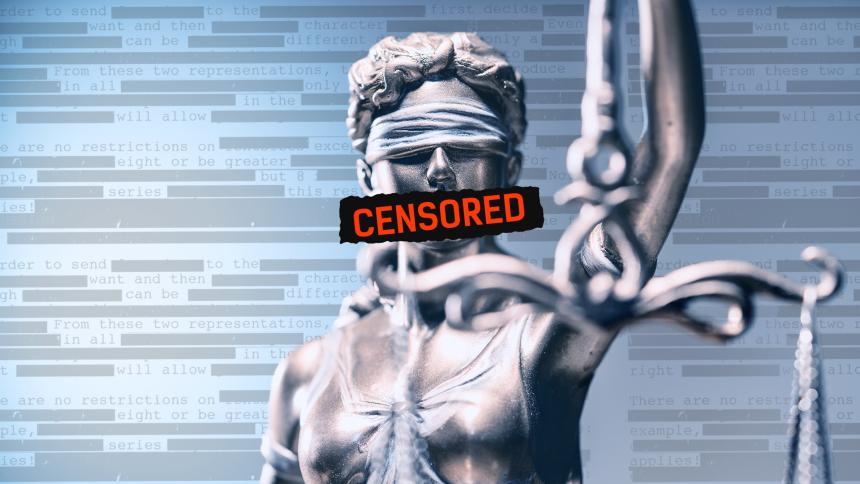
What is a super injunction?
Super injunctions are something we have heard a lot about over the last few years. Sensational media stories and behaviours that people of significant wealth or importance want to keep quiet have often been rumoured to be protected by super injunctions. But what does this actually mean?
What is a super injunction?
As the name suggests, a super injunction takes everything we know about a regular injunction and supercharges it by adding additional protections for individuals at risk of defamation. A regular injunction is a court order which prevents or stops a specific action. In the context we’re all used to, this usually means a media outlet cannot publish a piece of private information.
A super injunction takes this a little further. It adds an additional layer of privacy which prevents the publication of private information but also means media outlets cannot even publicise the existence of the super injunction itself. They have become particularly popular for high-profile individuals who want to keep their private lives out of the media.
The conditions of granting a super injunction
Super injunctions need to be granted by a judge. Initially, people will be given an interim injunction during the trial and then if the claim is successful, a super injunction can be made permanent. The judge must be suitably satisfied that there is a justifiable reason for the injunction backed by a strong argument. While we hear about them quite regularly, they are rarer than you think, usually only granted when the publication of the order would defeat the point of putting the injunction in place.
Super injunctions were first created to prevent vigilantism against the most notorious criminals. However, they have become a tool used by the most privileged in society to ringfence public opinion and knowledge of their behaviour. Many people believe the existence of super injunctions creates a two-tier system, separating those with the most wealth even further from the average person.
The costs of super injunctions
As our previous discussion suggests, super injunctions do not come cheap at all. They are quite a rarity due to the costs involved in getting them granted. Super injunctions are usually urgently required and mean the individual needs the services of a highly experienced specialist lawyer.
The fee for an initial injunction is said to be around £50,000 and this is before you consider the legal fees accrued. These injunction fees can be in excess of £200,000 once the need for follow-up court appearances and additional paperwork is considered.
Super injunctions and freedom of speech
The media will often try to fight super injunction orders and use freedom of speech as their main argument. They will also argue that publicising the information is in the public’s interest but in reality, this means a battle between two separate elements of the European Convention of Human Rights:
· Article 8 states the right to privacy
· Article 10 states the right to freedom of expression in the media
There are occasions where super injunctions have been overturned or can be revealed.
When can super injunctions be revealed?
There are a few specific ways a super injunction can be revealed. Due to their restrictive nature, there are not many options but you may find a super injunction is revealed when:
1. The judge does not extend the order beyond the interim injunction, this may happen if they do not believe a super injunction is appropriate.
2. In the case of parliamentary privilege as MPs are not bound by injunctions and will not face contempt charges due to restricting speech potentially hindering democracy.
3. It happens outside the jurisdiction of our courts, super injunctions are only applicable to England and Wales and other nations are free to report as they see fit.
4. An injunction’s terms are illegally breached and the restricted information is revealed.
5. The individual who took out the injunction chooses to reveal the information voluntarily.








